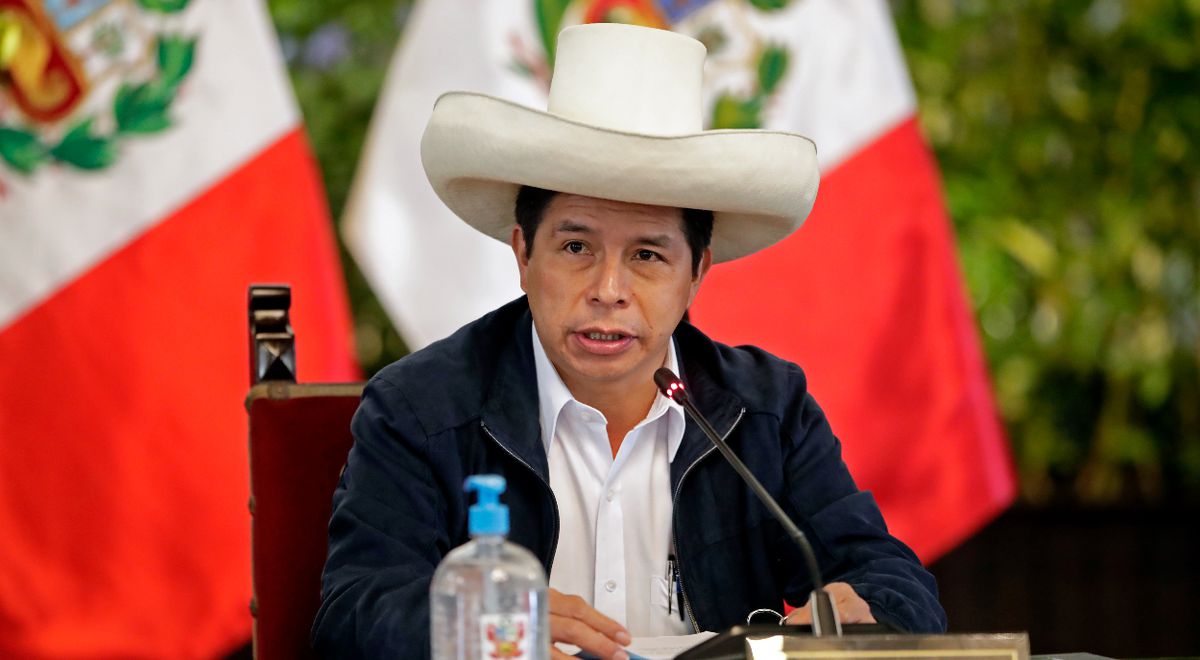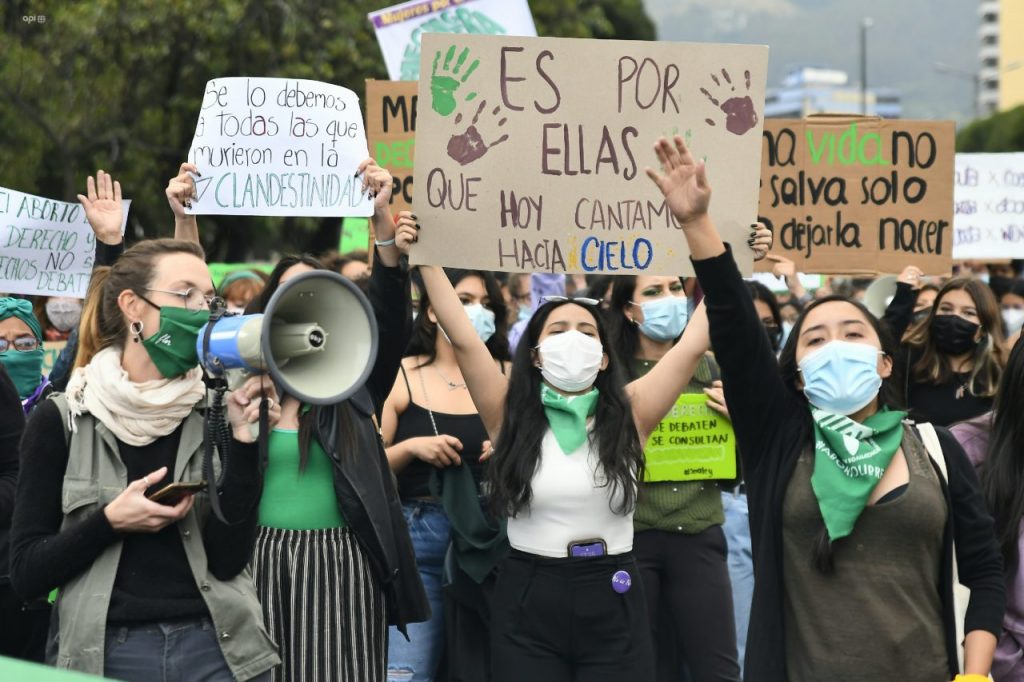They have more than a hundred days have passed since Pedro Castillo became President of the Republic. And in these little more than three months the country has experienced situations that have shaken Peruvian politics, originated, especially, from the Executive. Critical moments in which a pronouncement from the head of state was expected, which came, in some cases, after hours and hours of silence. The town, referred to so much by the governmentHe did not know what the president thought of those difficult episodes caused by his administration.
Found on Twitter President Castillo a tool to communicate and write concise messages about those complicated chapters, although not all of them. His pronouncements, often late, were summed up to 280 characters, or sometimes to what his ministers declared. We review here four passages of crisis that the Government lived and in which the Peruvian dignitary did not speak or later use social networks to express himself laconically.
Changes in the Army
The most recent chapter of crisis experienced by the administration of Pedro Castillo is what happened in the Armed Forces. Former Army General Commander José Vizcarra denounced on the local RPP radio that no one had informed him of his retirement. He was barely three months in office. This newspaper published that it only learned of his situation on Friday, November 5, reading the resolution in the official newspaper El Peruano, as did the general commander of the Air Force, Air General Jorge Chaparro Pinto.
Vizcarra revealed that there were pressures from Executive –the Minister of Defense, Walter Ayala, and the Secretary General of the Palace, Bruno Pacheco Castillo– to move up to “recommended several”. And that there was a special interest in Colonels Carlos Ramiro Sánchez Cuahuancama and Ciro Bocanegra. He added that he managed to speak with the president and that he had explained that due to a score it was “impossible” to promote both colonels. He suspects that this episode had to do with his discharge.
YOU CAN SEE: Secretary General of the Palace interfered in promotions in the Army and Air Force
When the news had already aired, the president called a Minister council, but he has not commented on anything on the subject, nor on social networks. Only Walter Ayala has indicated that he has made his position available. However, congressmen have already announced an interpellation to the Minister of Defense, which would take place if he remains in the post.
The Barranzuela party
Days before Halloween and the Day of the Creole Song, the Ministry of the Interior had recalled that social gatherings were prohibited. However, that was not an impediment for the then holder of said portfolio, Luis Barranzuela, to organize an event at his home on October 31, to the rhythm of Creole music, which could be heard from outside the home. This was recorded by the Latina cameras and released on November 1.
On the morning of that Monday, Barranzuela assured before the media cameras and through a statement that she was at a “work meeting” and not at a party. It was the prime minister, Mirtha Vásquez, who asked him for explanations. When he received the responses, he considered them “unacceptable”. She reported immediately that she and the president would make a final decision.
The head of state was in his native land, Chota (Cajamarca), visiting his parents. But when he landed in Lima, his silence prevailed. It was already Tuesday, November 2. The hands of the clock kept turning and there was no news. Uncertainty hovered. Only on the night of that day, the president spoke out and announced, on Twitter, that he had “accepted the resignation of Interior Minister Luis Barranzuela.” “Our commitment continues to be to guarantee the governance of the country,” he added, to solve the crisis that had arisen from his cabinet.
YOU CAN SEE: Martín Vizcarra presented Peru Primero, a new group that seeks to be a party
Threat to Camisea
On the morning of September 26, minutes before 10 o’clock, Guido Bellido, then Prime Minister, set off the alarms by threatening the Camisea Consortium. “We summoned the Camisea gas operating and marketing company to renegotiate the distribution of profits in favor of the State. Otherwise, we will opt for the recovery or nationalization of our deposit “, he launched in a tweet.
The reaction in Parliament was to be expected. The president of Congress, María de Carmen Alva, questioned the forms and warned that “any threat of nationalization generates confusion and drives away investments.” Meanwhile, the legislator of the Alliance for Progress Lady Camones, first vice president, asked the then Minister of Energy and Mines, Iván Merino, to provide an explanation.
It took hours for the head of state to pronounce on his Twitter account. “In this people’s government, we are committed to bringing cheap gas to all Peruvians. Any renegotiation will be done with unrestricted respect for the rule of law and ensuring national interests. The State and the private sector working together for a better Peru ”, he said after 8:00 pm
Bellido attacks the Chancellor
It was September 20 and some statements by Vice Chancellor Luis Enrique Chávez lit up the prairie of Guido Bellido, then president of the Council of Ministers. What bothered him was that Chávez had pointed out that “there is no authority that we can consider legitimate” in Venezuela.
YOU CAN SEE: Pedro Castillo decreases contact with Peru Libre
“I deny the vice chancellor’s claim that he does not recognize legitimate authority in Venezuela, it is not the government’s position. Our president had a meeting with President Nicolás Maduro (at the VI Celac Summit) to solve the migration crisis. If the chancellor or his deputy does not like it, they have the doors open, ”Bellido wrote.
Did President Castillo say something about this disagreement? No, although days later, after the changes in the cabinet, he did keep Óscar Maúrtua at the head of the Ministry of Foreign Affairs. The one who did not stay in his post was Bellido Ugarte.
There have been other moments in which the president has chosen not to express his opinion, such as when he appointed Ricardo Belmont as an advisor to his main office, which caused him criticism. Or when an audio by the Minister of Transport, Juan Francisco Silva, was released in which he offered the heads of the ATU and the Sutran to the transport unions. Not a tweet.
Is this silence in a president new?
The historian and teacher of the PUCP, Jesus Cosamalón, explains that it is difficult to compare the way in which presidents communicated throughout history, since before the way of communicating was through newspapers, television or radio; There were no current media, of the 21st century, such as social networks, where “everything becomes news”.
YOU CAN SEE: One Hundred Days of Government: Pedro Castillo and his winding presidential journey
And if we go further back, in the time of Simón Bolívar or Ramón Castilla, the issue becomes even more complicated. But he adds that, “if you compare him with the immediate environment, with Martín Vizcarra or Francisco Sagasti, it is evident that (Pedro Castillo) has less communication capacity. Now that also depends on the personalities. I believe that President Castillo does not feel comfortable in front of the press ”.
However, Cosamalón indicates that there are issues that can work without the president giving an opinion, since there are institutions. “Obviously, at times you need someone to lead. But, on the other hand, that is like an ambiguity, because democracies and institutions do not work only with a presidential opinion, “he says.
Then he adds: “Note that we are talking about a country where the image of the Government is quite presidential. In other words, the bottom line is not only that the president remains silent in critical moments when his point of view is needed, but that we are a country that has an excessive presidential burden in which the president is expected to intervene, participate and have an opinion ”. “But, of course, you need an opinion, of course, you can not govern by Twitter,” he concludes.















